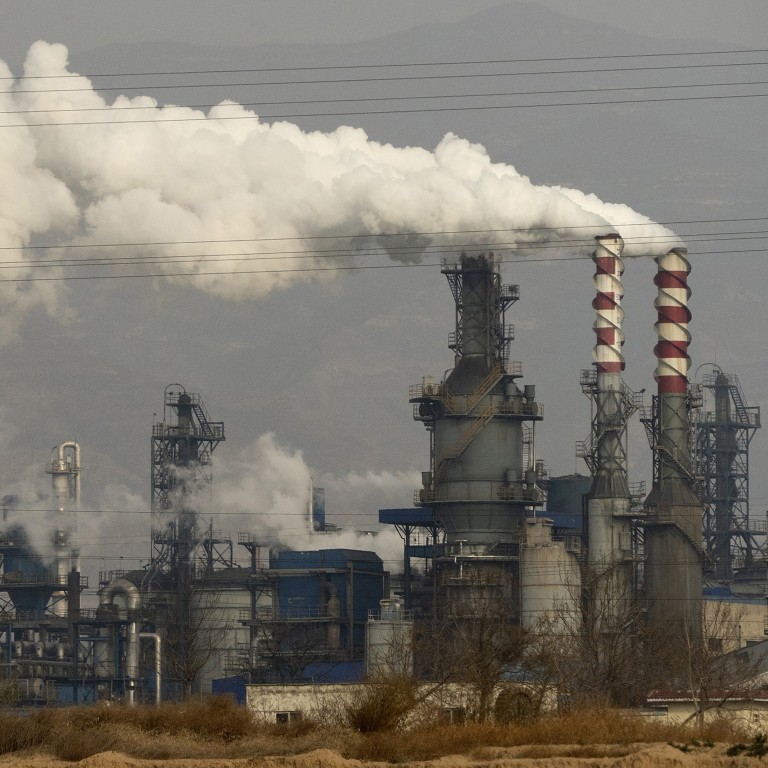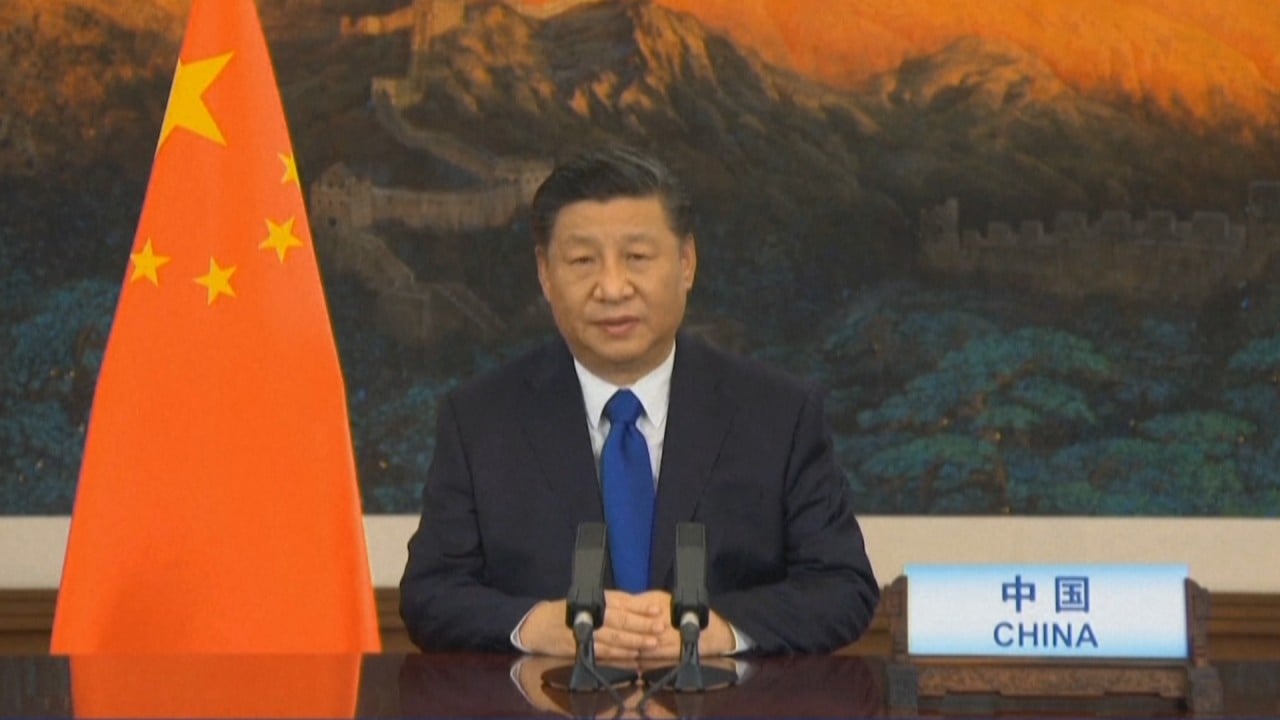
With G20 talks split on coal and fossil fuels, observer says ‘it needs China’s decision’
- Ministers meeting in Naples failed to reach agreement on ending international financing of coal and when to phase it out
- Greenpeace adviser says now is a good time for Beijing to make these commitments, particularly to stop funding overseas plants
But they were split on when to phase out coal and ending international funding for coal “despite a prolonged and tireless discussion”, according to a G20 presidency statement on Friday.
Most nations agreed on the urgency of the two actions – accelerating decarbonisation in the next decade by setting a date to phase out unabated coal, and stopping international public financing of unabated coal power generation and phasing out inefficient fossil fuel subsidies by a certain date.
However, the statement said a consensus could not be reached, and Italy, which holds the G20 rotating presidency, would forward the discussion to the leaders’ summit in October.
Chinese cities among 25 big producers of greenhouse gases, study finds
Li Shuo, a senior global policy adviser for Greenpeace East Asia, said the ministers failed to reach agreement on coal because of opposition from Russia, China, Turkey, India and Saudi Arabia.
But he said the ball could be in China’s court on the issue of ending international funding for coal-fired power generation.
“Apart from China, these opposing countries basically have no interest in funding overseas coal plants,” he said. “So that means on the issue of stopping international financing of coal projects, it needs China’s decision.”
Li added: “This is shaping up as the biggest story for international climate diplomacy in the second half of this year – whether there’s a decision to phase out coal from [President] Xi Jinping or not.”

02:06
Chinese cash funds African coal plants despite environmental concerns
In May, the world’s seven largest advanced economies, the Group of Seven, agreed to stop international financing for coal power projects by the end of this year and to phase out support for all fossil fuels by 2025.
Li said now would be a good time for Beijing to make the same commitment, adding that “China’s overseas coal power projects face a lot of uncertainties over their economic returns”.
Why safe and sustainable energy storage is key to China’s climate goals
However, although China is the biggest public financier of overseas coal power plants, 87 per cent of total finance, both public and private, actually comes from entities outside China, according to a study published by Boston University this month. It said Japanese and Western institutional investors and commercial banks were major financiers of international coal power abroad. Chinese public and commercial entities accounted for only 13 per cent of the coal power capacity outside China that was operational or under development between 2013 and mid-2019.

01:24
China to reduce carbon emissions by over 65 per cent, Xi Jinping says
Yang Fuqiang, a researcher with Peking University’s Institute of Energy, said some developing countries still needed coal-fired power plants to meet their needs and looked to China for support.
“If they ask China to build coal plants, the two countries will negotiate – it’s the host country’s decision,” Yang said.
Observers said it would be difficult for G20 nations to reach consensus on phasing out coal and ending fossil fuel subsidies in the short term.
Coal accounted for about 57 per cent of China’s energy consumption last year, and in 2019, 65 per cent of its electricity was generated from coal. Other countries are even more reliant on coal – it provides about 77 per cent of South Africa’s primary energy needs, and the government has said that is unlikely to change significantly in the next two decades because of the lack of suitable alternatives.
Yang said phasing out coal in the near future was unrealistic for some developing countries.
“Many developed countries reached peak coal consumption in the 1970s or 1980s. China’s coal consumption reached a plateau in 2013 and it may hit peak consumption between 2013 and 2023,” he said. “But coal consumption is still rising in some developing countries – like India or countries in Southeast Asia. Making this demand will be too harsh [for them] if the time frame is too tight.”

